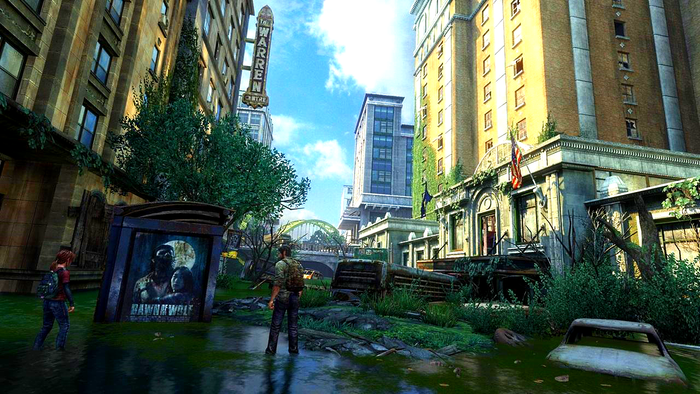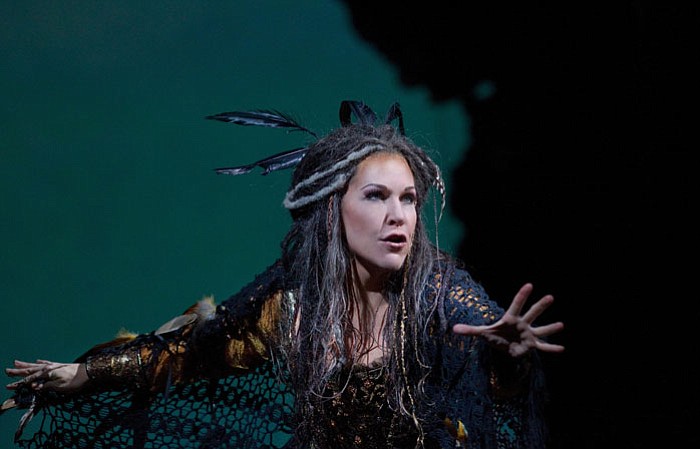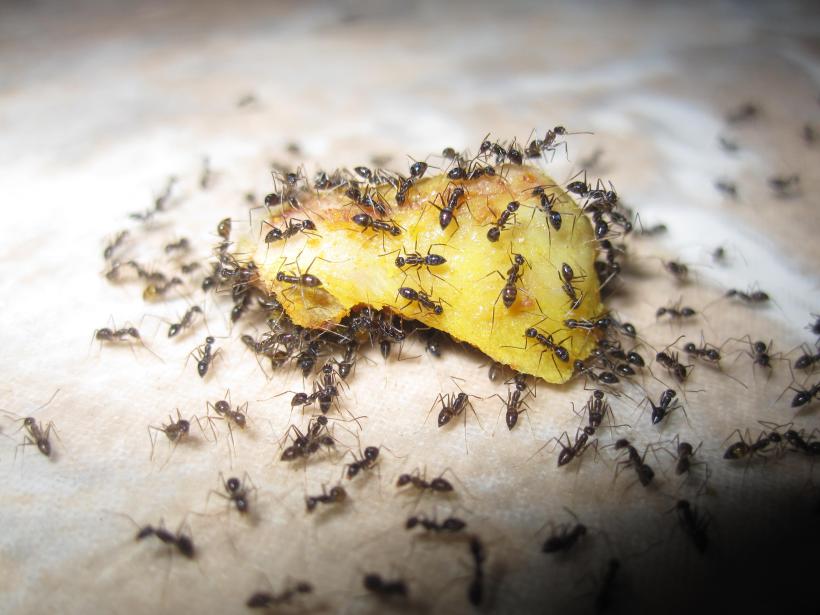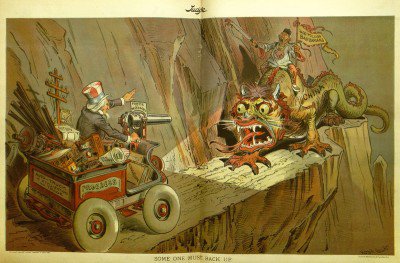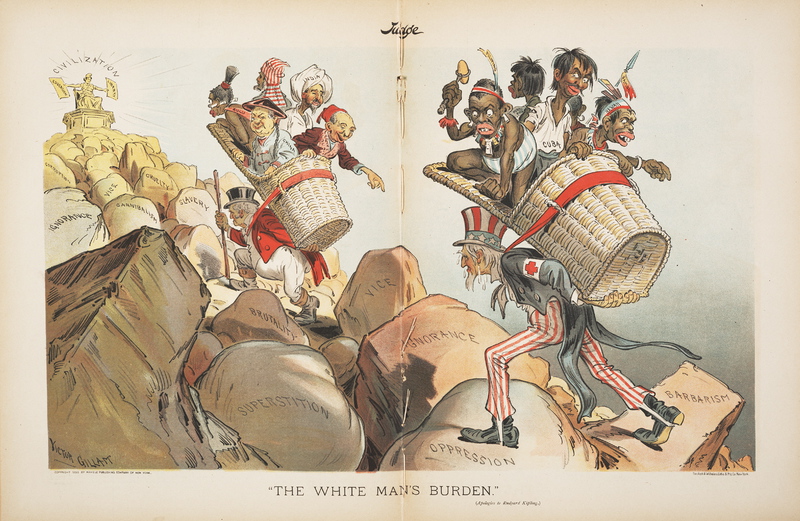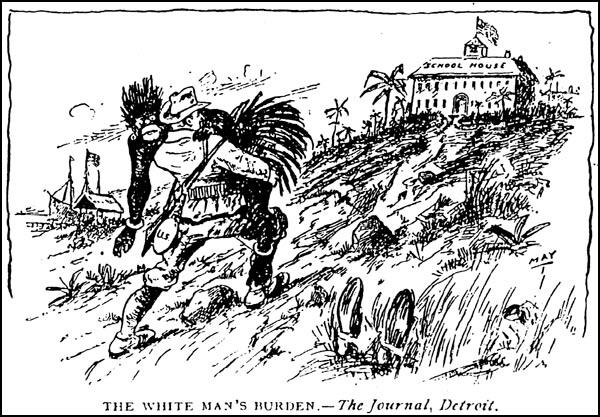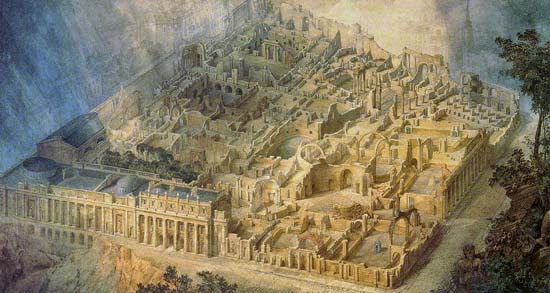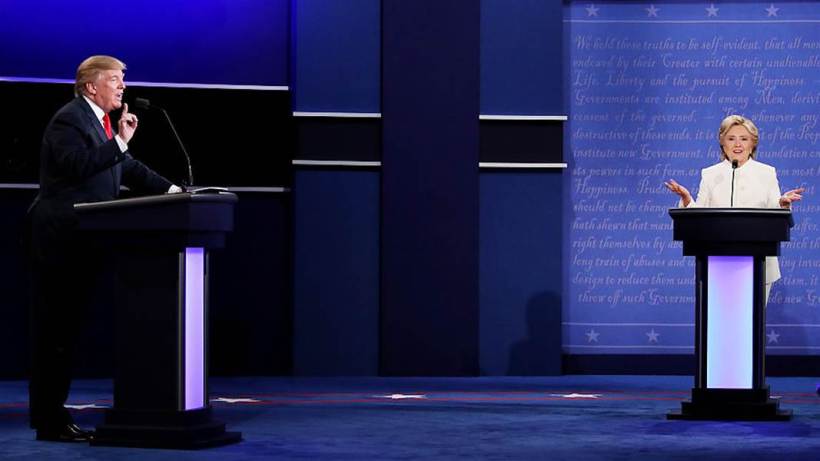I feel as though every single post I have made this quarter has been nothing but reflections on previous topics. I know that this website’s name was intended for reflective discussion, but it seems like harping on the past has become a theme in these past few posts. Maybe it’s because I might be feeling a sense of pride after completing my first year in UCI. Maybe it’s because I’m feeling sentimental after learning so much over this past year. Or maybe it’s because I just don’t have any other ideas, and I’m just sticking to whatever works. In any case, I want to revisit (yet again) to one of my favorite blogs that I have written over this year. In that blog, I started with a quote from a Shakespearean play, Romeo and Juliet, in which Juliet questions the importance of granting names to objects, since the qualities of said objects would remain the same whether or not the name has been given. A rose would still smell sweet even if it’s not called a rose. I had argued against this notion in my blog, saying that what establishes the significance of names is that they have power, a power in which empires could use to establish control upon its subjects. I then went on a brief analysis on the development on the main character of Aphra Behn’s novella, Oroonoko, Oroonoko. In short, I talked about how Oroonoko’s new name, Caesar, provided an ironic contrast in the book, since on the one hand, the name had further enhanced the fantastical portrayal of Oroonoko as this powerful, noble warrior, but on the other hand, the name had portrayed his transformation to a powerless slave, since that name’s purpose was to label Oroonoko as a British possession, because that name is more easily pronounced and recognized by the British rather than the Africans.
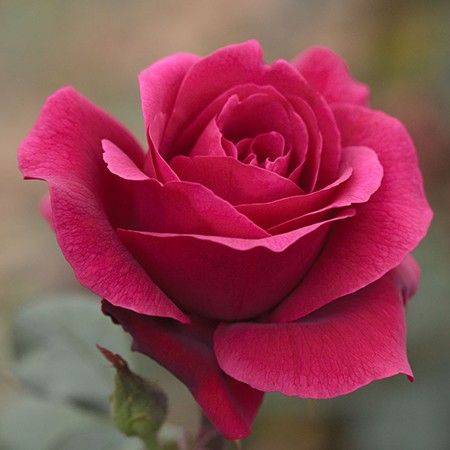
Digital Image of “Rose” photograph. Pinterest. <https://www.pinterest.com/explore/roses/>
It’s been four months after this blog, but now I want to try to play devil’s advocate towards the me from winter quarter. There’s an article from an online publication website called The Intercept where the author, Murtaza Hussain, reviews a novel called Misunderstanding Terrorism written by former CIA Operations Officer, Marc Sageman. In Hussain’s review, he first refers to one of Sageman’s conclusions in the novel, which was that “social identity theory” is the “primary motivating factor behind terrorist attacks”. If you want to learn more about the exact concept of social identity theory, there are a few articles (here and here) that discuss it, but the theory itself is actually similar than what we have learned from Said’s work, Orientalism. To sum it up, the idea social identity theory is that a person’s sense of one’s self is dependent on that person’s association of groups. Once that person has become accustomed to their associated groups, of which we can call “in-groups”, they would then want to improve their sense of self through the means of belittling groups whom are foreign to the ingroup, also known as “out-groups”. By belittling these groups, that person has now established an “ingroup vs. outgroup” mentality, of which said person would categorize the outgroups into generalized factions and would usually discuss about the outgroup’s faults rather than their strengths.

Handel, Steve. 2013. Digital Image. “The Us vs. Them Mentality: How Group Thinking Can Irrationally Divide Us”. The Emotion Machine. 17 April 2013 <http://www.theemotionmachine.com/the-us-vs-them-mentality-how-group-thinking-can-irrationally-divide-us/>
Now the concept behind Said’s Orientalism is that Western countries were usually guilty at labeling groups described as the Orient as an exotic, uncivilized, and barbaric kind of people. The discourse that had resulted from this belief had succeeded in strengthening national pride, as it gave the notion that the West were more superior than the East, but that discourse had later succeeded in instilling national fear, as it also gave the notion that the East’s barbaric tendencies could lead to the destruction of the West. This is where I want to return to Hussain’s article. In the article, Hussein talks about how the destructive effects of Trump’s military actions in Syria and Iran could potentially result in terrorist recruitment since those “would-be terrorists” would act out of an emotional response towards U.S. action. And as a result, more terrorists actions inflicted to the U.S. would evoke an emotional response towards Iran and Syria and result in more military action, repeating the cycle.

Gaughan, Anthony. 2016. Photograph. “Campaign of fear: Donald Trump’s battle against birthright citizenship”. Informed Comment. n.p. 30 August 2015 <http://www.juancole.com/2015/08/campaign-birthright-citizenship.html>
This cycle of vengeance and hatred would continue to repeat until a scenario occurs in which both sides achieve compromise or in which both sides fall into their own ruin in their attempt to seek vengeance for the other side’s actions. If one were to ask me which scenario would be more likely to occur, I would most likely choose the latter, as that scenario demonstrates how the concept of identity could lead empire to a destiny of inevitable ruin, rather than a destiny leading to further prosperity, as the Kevin Castillo from four months would argue. There are instances in which empires can be strengthened by bolstering its sense of self via the degradation of other groups’s identities, however, said degradation would inevitably result in those groups resisting against the empire, thus creating a cycle of conflict that could eventually lead to ruin.
